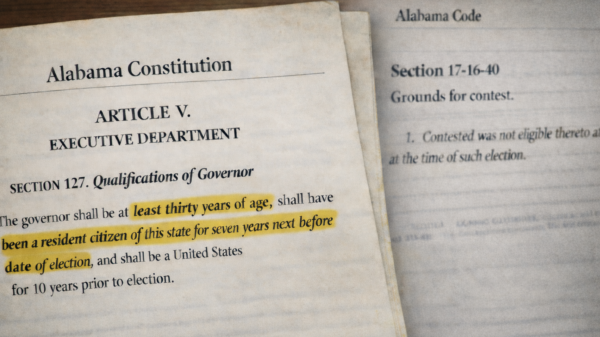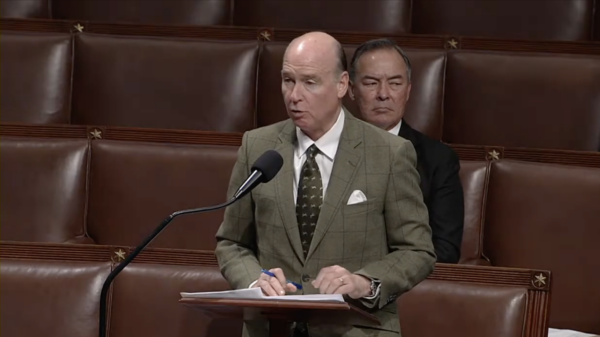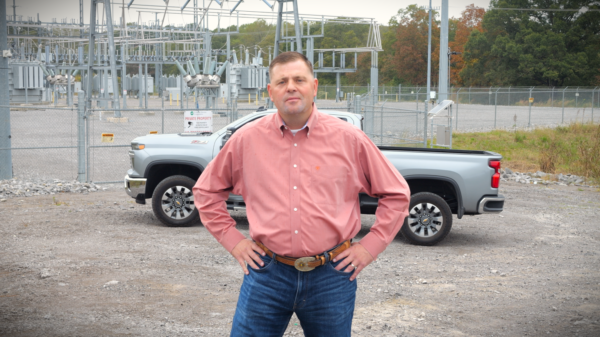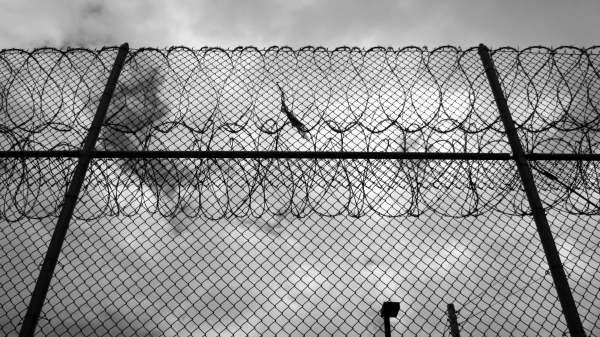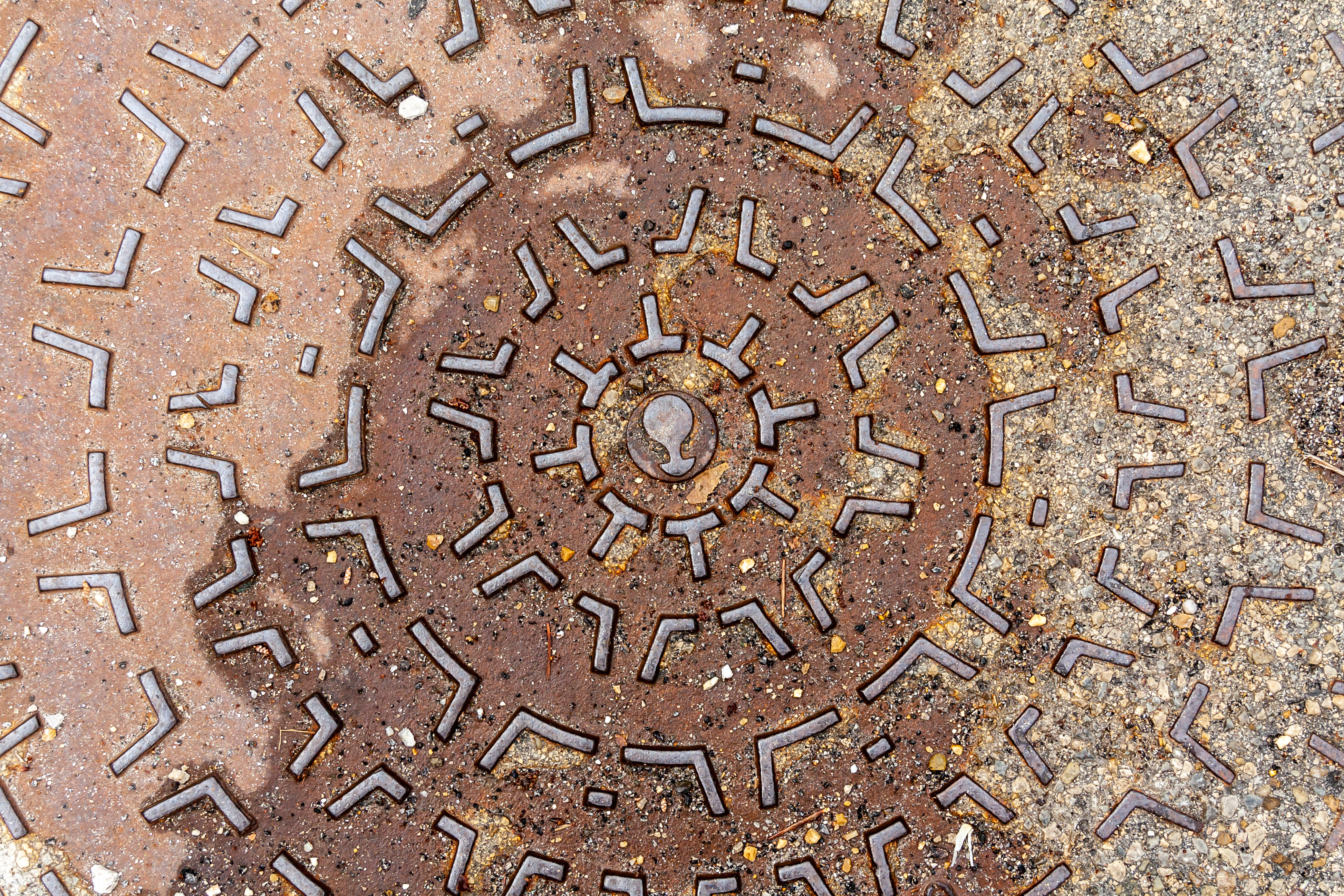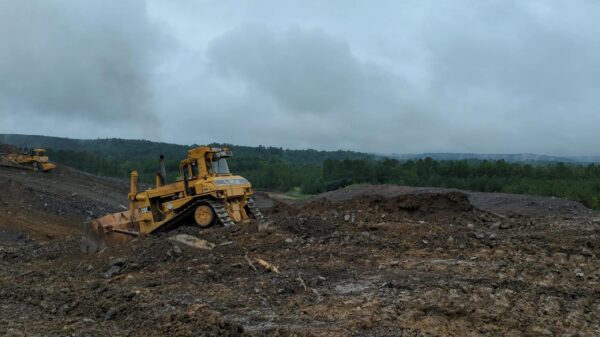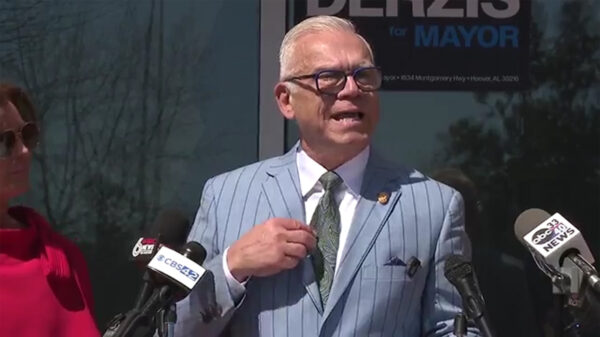A 2014 documentary by Natasha Raheja, Cast in India, exposed the often unsafe working conditions by impoverished workers in India making manhole covers.
Free trade allows companies and, as is usually the case with manhole covers, governments to purchase items from across the world to seek out the lowest cost bidders.
The Raheja documentary, the first of a number of documentaries and investigative reports on the Indian foundry industry, opens with a shot of New York City’s iconic sewer covers and then travels to one of the several foundries in Howrah in West Bengal where they are produced. While her documentary focused on New York sewers, Alabama sewer systems also often purchase the Indian sewer covers.
Former State Representative Perry O. Hooper Jr. (R-Montgomery) recently released a statement arguing that instead of exploiting Indian laborers, we should purchase made in Alabama manhole covers made by modern technology in Fairfield.
“Barefoot, Shirtless, whip-thin men eight thousand miles from Alabama are forging manhole covers for use on Alabama’s roads and sidewalks,” Hooper said in a statement. “West Bengal’s many foundries rely on bare hands rather than modern machinery and production methods. Working in conditions that can best be described as medieval.”
The Indian foundries compete by paying wages as low as $2 a day and cutting some safety corners.
“We can’t maintain the luxury of Europe and the United States, with all the boots and all that,” Sunil Modi, director of Shakti Industries a major Indian producer of Manhole covers told Raheja.
The manhole covers they produce can be found all over the country from New York to Sacramento and even in Birmingham Hooper told the Alabama Political Reporter. Most display the “Made in India” statement on their surface.
“Ironically, Fairfield Alabama, a Birmingham suburb recently had to file for bankruptcy. Fairfield has long been a hub in the US iron and steel industry is a perfect example of how we have decimated our own critical manufacturing facilities in favor of cheap imports,” Hooper claimed. “These imported products not only have the direct effects of lost job and destroying entire communities like Fairfield, but cheap Manhole covers imported from India have other costs. The primitive conditions in which they are produced allow for almost no quality control for the manholes produced. A good friend of mine relayed the story how a one-year old cheap Indian made manhole cover had rusted through in less than a year.”
Hooper claims that the Indian manhole covers pose a major hazard on streets and sidewalks.
Hooper said that the manhole covers were used at Stadium Trace in Hoover.
“The local supplier who choose Indian over American had the audacity to claim he was not going to do anything about replacing the dangerous and defective covers,” Hooper claimed. “My friend immediately threw the supplier off his property and replaced the Made in India covers with Made in the U.S.A. covers.”
“We must insist that all taxpayer dollars are spent to support American jobs,” Hooper argued. “The Iron and Steel industry is vital to our national security and we must do everything possible to support the industry.”
Critics of the Indian foundries also claim that they do not face the same environmental regulations that an American producer would and unnecessarily contribute to global warming.


